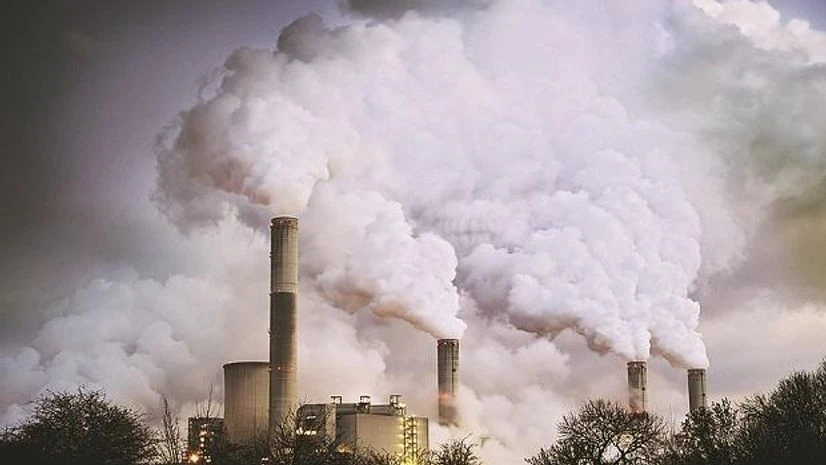Nearly 60,000 mw of thermal power projects in the IPP (independent power producers) segment are stressed mainly for want of long-term power purchase pacts and unavailability of domestic gas supplies, says a report.
According to a report by rating agency Icra, the overall stressed thermal power generation assets remain a sizeable 60,000 mw. Of this about 26,000 mw are in trouble due to the absence of long-term PPAs (power purchase agreements), about 12,000 mw are stranded due to non-availability of domestic gas supply and 22,000 mw due to unviable tariff in the PPAs and capital cost overrun.
The report said the weak financials of state-owned discoms constrain their paying capacity, which along with subdued demand from the industrial segment has affected the demand growth.
"As a result, the overall progress in signing of long-term PPAs through competitive bidding by state-owned discoms remains slow," it said.
The agency said that the 26,000-mw capacity, which does not have long-term PPAs, remains exposed to price and volume risks in the short-term trading market.
"About 60 per cent of this capacity is operational and the balance is under implementation," the report said.
More From This Section
Icra further said the Supreme Court judgement of April 11 this year which disallowed tariff relief to Adani Power and Coastal Gujarat Power of the Tatas and other imported coal-based projects due to change in regulations in Indonesia has impacted a total capacity of 9,000 mw.
"Many of the recently commissioned and under- construction projects with competitively bid-based PPAs remain exposed to the risk of under-recovery of fixed charges due to increase in capital costs following execution delays, exchange rate volatility, funding problems and limited nature of the competitively bid-based tariffs," it said.
The report also noted that gas-based generation capacity of about 12,000 mw in the IPP segment is either stranded or under-utilised due to non-availability of domestic gas and reluctance on the part of the state-run discoms to procure power from them, using imported regasified liquefied natural gas citing higher cost.

)
